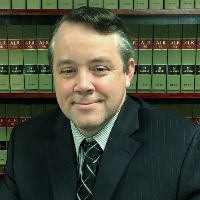Woodville Misdemeanor Lawyer, Alabama
Not enough matches for Woodville Misdemeanor lawyer.
Below are all Woodville Criminal lawyers.
Shannon Matthew Moore
✓ VERIFIEDEstate Planning, Divorce, Personal Injury, Criminal, Mass Torts
We are dedicated to maximizing results for our clients!
Shannon Moore was born in Huntsville, Alabama. He is a graduate of Grissom High School and he received his undergraduate degree from the University of... (more)
FREE CONSULTATION
CONTACTFREE CONSULTATION
CONTACTJennifer Elaine Jones
Accident & Injury, Criminal, Divorce & Family Law, Estate
Status: In Good Standing
Michael Louis Mannor
Criminal, Divorce & Family Law, Lawsuit & Dispute, Social Security
Status: In Good Standing Licensed: 11 Years
Christina Lee Dixon
Traffic, Family Law, Criminal, Personal Injury
Status: In Good Standing Licensed: 22 Years
Melissa Christine Schultz-Miller
Traffic, Lawsuit & Dispute, Divorce & Family Law, Criminal
Status: In Good Standing Licensed: 10 Years


